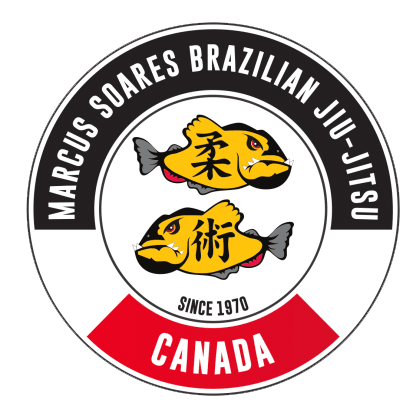The dynamic nature of Brazilian Jiu-Jitsu (BJJ) demands a multifaceted approach to learning, which encompasses physical, technical, mental, and interpersonal development. One often overlooked yet crucial aspect of BJJ training is the role of effective communication in fostering a positive learning environment and contributing to student growth. As instructors and practitioners alike, our ability to communicate clearly and effectively greatly impacts our understanding, progression, and overall experience in BJJ.
In this blog post, we will delve into the importance of effective communication in BJJ practice and explore various methods to strengthen communication skills. We will examine the role of verbal and nonverbal communication in the learning process, the significance of student-instructor exchanges, and the value of peer-to-peer interactions in a supportive and respectful environment. Furthermore, we will provide practical tips to improve communication skills, focusing on active listening, open-mindedness, and empathy in our BJJ journey.
Verbal and Nonverbal Communication in the Learning Process
1. Clear Instruction and Feedback: Verbal communication plays a significant role in BJJ training, as instructors provide precise directions, corrections, and feedback to facilitate student learning and progression.
2. Demonstrations and Visual Cues: Nonverbal communication, such as physical demonstrations and visual cues, aids in the comprehension of complex techniques and encourages understanding of BJJ principles.
3. Importance of Active Listening: Emphasizing active listening during training sessions allows students to better absorb essential information, apply corrections, and enhance their skill development.
4. Developing Communication Skills: Students and instructors can refine their verbal and nonverbal communication techniques through practice, self-reflection, and sincere commitment to the continuous improvement of their BJJ experience.
The Significance of Student-Instructor Exchanges
1. Fostering a Positive Learning Environment: Open and respectful communication between students and instructors cultivates a supportive atmosphere, promoting personal growth and a strong sense of community within the dojo.
2. Encouraging Questions and Feedback: Providing opportunities for students to ask questions or share feedback fosters student engagement, clarifies misconceptions, and reinforces the key concepts in BJJ.
3. Tailoring Instruction to Individual Needs: Effective communication allows instructors to adapt their teaching style and techniques according to each student’s unique strengths, weaknesses, and learning preferences.
4. Nurturing Trust and Confidence: Establishing trust and confidence through open communication empowers students to take risks, overcome challenges, and achieve their full potential in their BJJ journey.
The Value of Peer-to-Peer Interactions in BJJ
1. Collaboration and Learning from Peers: Engaging in constructive conversations and collaboration with training partners can enhance problem-solving skills, promote mutual understanding, and accelerate technical progression in BJJ.
2. Essential Feedback Loop: Peer-to-peer communication provides valuable insights, feedback, and real-time corrections during sparring and drilling sessions, contributing significantly to the development of well-rounded BJJ practitioners.
3. Emotional Support and Encouragement: Meaningful interactions among peers foster camaraderie, boost morale, and establish a sense of belonging within the BJJ community.
4. Resolving Conflicts Respectfully: Emphasizing respectful and open communication in conflict resolution helps maintain a positive and harmonious training environment for all students.
Practical Tips for Improving Communication Skills in BJJ
1. Practice Active Listening: Enhance your listening skills by focusing intently on what the speaker says, asking follow-up questions, and summarizing key points to ensure a comprehensive understanding.
2. Be Open-Minded and Receptive: Encourage open communication by being receptive to new ideas, suggestions, and constructive feedback, demonstrating humility and a willingness to learn from others.
3. Express Empathy: Show understanding and empathy for your fellow practitioners’ experiences by acknowledging their emotions and offering support during difficult situations or setbacks.
4. Develop Nonverbal Communication Skills: Strengthen nonverbal communication techniques by paying attention to body language, facial expressions, and gestures, ensuring congruence with your verbal messages.
Conclusion:
Effective communication plays a crucial role in enhancing the learning process, fostering a positive training environment, and supporting student growth in Brazilian Jiu-Jitsu. By honing our communication skills, both verbal and nonverbal, and embracing the values of active listening, open-mindedness, and empathy, we can create a thriving BJJ community where all practitioners flourish.
Embrace the transformative power of effective communication in BJJ by joining us at Marcus Soares Brazilian Jiu-Jitsu. Our passion for helping our students build strong relationships and pursue personal growth in their martial arts journey is unmatched. Together, we will forge an inclusive, progressive, and empowering experience for everyone involved in the incredible world of Brazilian Jiu-Jitsu.

